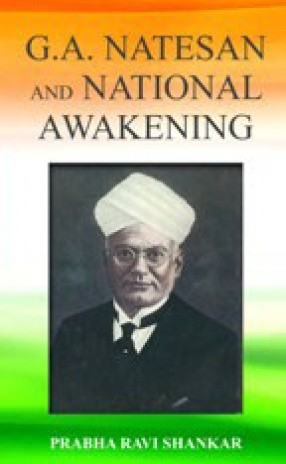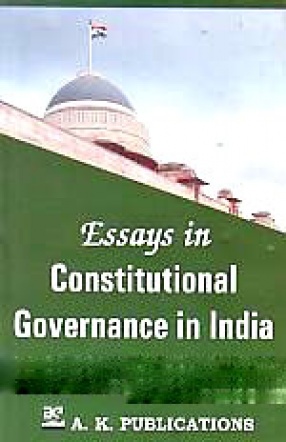Richard Blechynden, architect and surveyor, came to Calcutta as a 22 year old and remained in the city for the rest of his life. He left behind richly detailed, vivid tales about networks of European friendship that underwrote British life and work in Calcutta between 1791 and 1822.
Based largely on Blechynden’s diaries, Robb’s third book on colonial Calcutta explores the important role played by friendship in managing credit and debt, town development, contracts, colonial law, and administration.
While the first two volumes Sentiment and Self and Sex and Sensibility analyse the private worlds of servants, bibis, and children, this work moves towards the public domain. It argues that there were mutual failures of inclusion and understanding in European-Indian relations around 1800. It also explains why, even though many Europeans and Indians lived and worked closely together, Indians were not integrated into European interconnections of ‘useful friendship’. Thus, the book provides a pre-history of imperial rule and its justifications, and of racial distinctions and division.







There are no reviews yet.